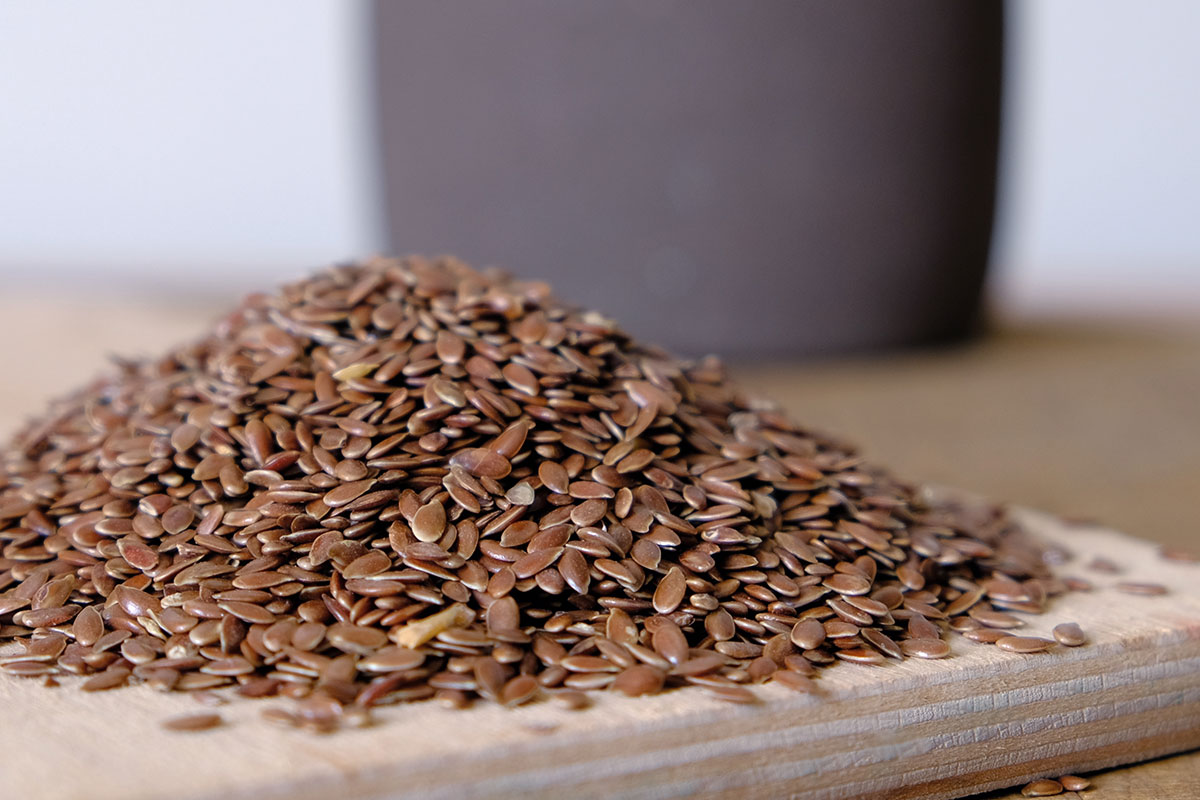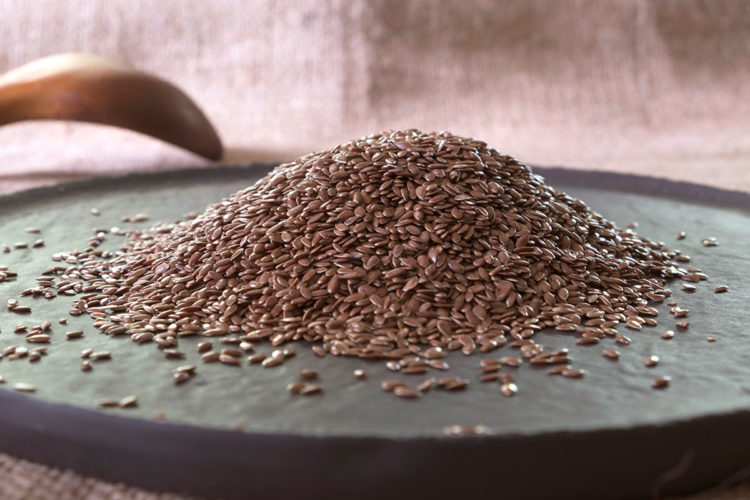7 Powerful Insights Into Flaxseed Production in Turkey
Flaxseed is one of the most ancient crops cultivated by humans, appreciated across centuries for its versatile agricultural and culinary value. In recent years, this humble seed has made a strong comeback in the global market, and Turkey has emerged as an important hub for flaxseed cultivation. Blending traditional farming practices with modern agricultural understanding, Turkey’s role in flaxseed production is becoming increasingly significant.
Let’s explore seven powerful insights that reveal why Turkey is quickly gaining recognition as a top flaxseed-producing country and how its unique geography and culture support this growth.
1. Turkey Offers a Diverse and Fertile Agricultural Landscape
Turkey’s geography is characterized by diverse microclimates, fertile plains, and a unique combination of coastal and inland regions. These natural features allow for the cultivation of a wide range of crops, including flaxseed. The Central Anatolian Plateau, in particular, provides ideal conditions for flaxseed farming due to its moderate climate, elevation, and soil richness.
Turkish farmers often use rotational systems that integrate flaxseed with other crops, which helps enhance soil vitality and maintain consistent yields. This approach supports long-term agricultural sustainability and the quality of the harvested seeds.
2. Flaxseed Has Deep Roots in Turkish Agricultural History
While flaxseed has recently gained more attention globally, it has never truly disappeared from Turkey’s agricultural scene. In rural regions, particularly in eastern and central provinces, flaxseed has been grown for centuries. Often cultivated by smallholders and family-owned farms, the crop is deeply woven into traditional farming practices and local food culture.
This historical continuity ensures that flaxseed farming in Turkey is not just about modern commercial agriculture—it also honors longstanding local expertise.
3. The Central and Eastern Regions Lead in Production
Regions such as Yozgat, Erzurum, and Sivas have become known for their high-quality flaxseed. The relatively cool growing seasons in these areas contribute to seed uniformity and a well-developed harvest. These provinces also benefit from naturally drained soils, which are ideal for flaxseed farming.
Farmers in these regions often rely on both traditional knowledge and agricultural extension services to ensure sustainable production techniques. As a result, flaxseed grown in Turkey often meets international expectations for consistency and reliability.
4. Turkish Flaxseed Is in Growing Global Demand
With rising interest from international buyers, Turkey’s flaxseed exports are gradually increasing. Flaxseed from Turkey is often favored due to its natural cultivation process and traceability. These factors contribute to a strong market position, particularly among buyers who value origin-based products.
Export potential continues to grow as awareness increases about Turkey’s strategic location and logistical advantages for seed distribution. Turkish flaxseed can be efficiently transported to both European and Middle Eastern markets, allowing it to reach shelves while retaining quality.
5. Climate Change Is Influencing Flaxseed Strategies
Farmers in Turkey are becoming more adaptive in their approach to climate change, especially in crop selection and timing. Flaxseed, which has a relatively short growing season, is increasingly being used as a rotational crop between major staples like wheat and barley. This helps mitigate risk from extreme weather conditions and ensures steady agricultural output.
Because flaxseed can be planted in both spring and autumn depending on the region, it offers Turkish farmers flexibility in managing seasonal challenges.
6. Sustainable Practices Are Common Among Flaxseed Farmers
In many Turkish farming communities, sustainability is not a new concept—it is a way of life. Many flaxseed farms operate without heavy industrial inputs and rely on rain-fed irrigation, natural soil enrichment techniques, and low-impact harvesting methods. These practices are passed down across generations and continue to influence how modern farms operate today.
These sustainable methods contribute to maintaining the long-term health of Turkey’s agricultural lands, especially in areas prone to erosion or over-farming.
7. Turkey’s Geographical Advantage Boosts Flaxseed Trade
Located at the intersection of Europe and Asia, Turkey has significant advantages for agricultural export. Ports along the Aegean and Mediterranean coasts provide quick access to international shipping routes. This strategic position enhances the global competitiveness of Turkish flaxseed, ensuring freshness and timely delivery.
Logistical support from government-backed agricultural cooperatives and trade initiatives also helps small and mid-sized flaxseed farmers reach international buyers without compromising quality or reliability.
Conclusion
Turkey’s emergence as a key player in flaxseed production is no accident. It is the result of centuries of experience, optimal growing conditions, sustainable farming traditions, and a strong logistical foundation. As more global markets turn their attention to traceable and responsibly produced agricultural goods, flaxseed from Turkey is likely to continue gaining prominence.
From the hills of Anatolia to bustling export hubs, the story of Turkish flaxseed reflects the powerful intersection of nature, tradition, and opportunity. For those seeking a dependable source of quality flaxseed, Turkey remains a top choice with much more potential on the horizon.
Product Information
Crop: Cultivated Parts used: Seeds Quality: Cleaned, 100% pure and natural. Available as: Whole Industry used: Food, Dietary/Nutritional Supplement, Phytotherapy and Feed industries. Packaging: Kraft paper bags, PP bags and PE bags in various sizes Country of origin: TÜRKİYE


